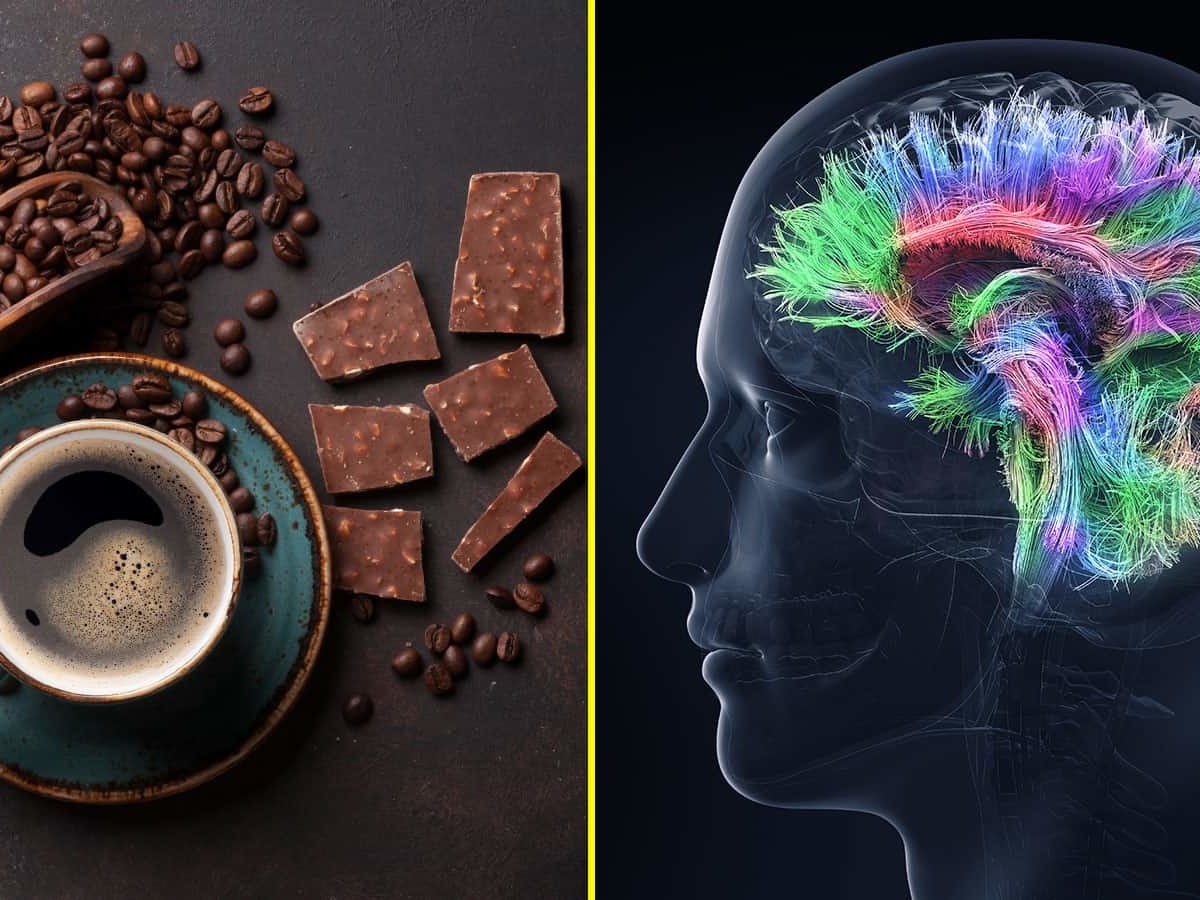Neuroscientists are still learning about the positive effects of many of our favorite foods and beverages, and one such discovery is that coffee and (to a lesser extent) tea and chocolate tend to improve brain health and resilience.
A methylxanthines-class of chemical found in coffee, tea, and dark chocolate (cacao) “has clear effects on neuronal network activity, promotes sustained cognitive performance, and can protect neurons against dysfunction and death in animal models of stroke, Alzheimer’s disease, and Parkinson’s disease,” according to a joint study from the National Institute on Aging and Johns Hopkins University that was published last January in the journal Neurochemical Research.
According to the study, xanthine metabolites, a substance produced when our brain breaks down caffeine, “may also contribute to the beneficial effects of coffee, tea, and cacao on brain health.”
Additionally, a meta-analysis of 11 studies on the effects of coffee on brain health (11 articles for coffee, 8 articles for tea, and 4 articles for coffee plus tea) that was published in the World Journal of Surgical Oncology found that both coffee and tea (and, by extension, cacao) can lower the risk of brain cancer.
In particular, among Asian populations, researchers found a statistically significant protective relationship between coffee drinking and the risk of brain cancer. However, the association between tea consumption and the risk of brain cancer was significant among American populations but not overall.
According to research, Asian populations tend to develop brain tumors less frequently than other cultures. In contrast to other populations, Americans had a negative correlation between tea drinking and the chance of developing brain cancer.
Finally, a ground-breaking investigation at Okayama University demonstrated that consumption of coffee’s CA and CGA components enhanced glial cells’ antioxidant capacities and prevented rotenone-induced neurodegeneration in the brain and myenteric plexus. Caffeine strengthens and adapts the brain, to put it simply.
Several studies also show that dark chocolate has brain-boosting properties, including improved cognitive function, lowered dementia risk, and better performance on memory tasks.
Epicatechin, a flavanol present in berries, tea, cocoa, and other fruits, has been linked to improved memory, executive function, and processing speed in older people, according to a review of research.
Therefore, you should be consuming coffee, tea, or cacao to maintain brain health as you age.
Studies show that six to eight 8-ounce cups of coffee should be drank daily in the morning and afternoon to avoid affecting nighttime sleep. However, this might be too much for some people, so you can still sharpen your mind by substituting an ounce of dark chocolate for one or two cups.
This is wonderful news, don’t you think?




